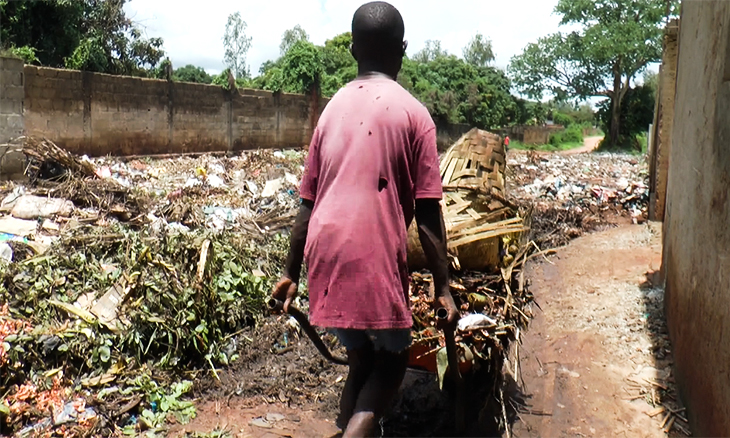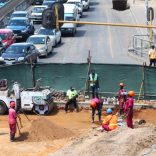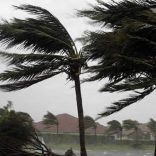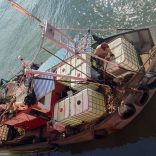Mozambique: Traffic restrictions in Maputo's Baixa until December 20
Equipment breakdown leaves streets of Nampula littered with garbage – O País

Photo: O País
The city of Nampula is having problems collecting garbage as a result of equipment breakdowns, leaving residents irate at having to live with the heightened risk of diarrheal diseases during the rainy season.
Every day, the city of Nampula produces around 1,200 cubic metres of solid waste. Constraints in removal services since the end of December have left residents, especially in peripheral neighbourhoods, facing accumulating garbage in their streets.
The Waresta wholesale market, for example – which should have a container for refuse – has become an open-air dump, fertile ground for the proliferation of vectors for the transmission of diarrheal diseases.
“This garbage can cause fatal diseases’ ‘ complains Custodio Romueque.
“We try to manage the garbage, but we have difficulties. We used to remove the garbage every two weeks, but now the municipality’s machines are broken,” market administrator Inácio Sabonete explained.
The proliferation of garbage can be seen in many neighbourhoods. In Muhala Expansão, there is even a street that is completely blocked. Residents criticise the City Council: “If they don’t remove it on the 1st, they can come back a month or two weeks later and it is not possible to solve the problem, because the neighbourhood is so big,” says resident Jussa Muloga. The same opinion is shared by Momade Latifo, who adds that there should at least be rubbish bins for people to put their garbage in.
The Communication Department of the Municipality of Nampula confirmed the breakdown of the waste removal equipment, but said that the situation was resolved this Monday, and that garbage collections would resume.
The Department of Public Health in the Provincial Health Services in Nampula, in the person of Dr Geraldino Avalinho, said that there was as yet no record of diarrheal diseases in the city, but that he shared the concern over sanitation problems in districts where diarrhoea and cholera are endemic.
“We still do not have any reported cases, but we are concerned about the situation of sanitation in the environment, as almost all endemic districts present a deficient sanitation system, which provides and creates fertile ground for the proliferation of vectors,” he said in a written message, mentioning by name the districts of Nampula, Memba, Eráti, Moma, Monapo, Nacala-Porto and Mogovolas.
By Ricardo Machava













Leave a Reply
Be the First to Comment!
You must be logged in to post a comment.
You must be logged in to post a comment.